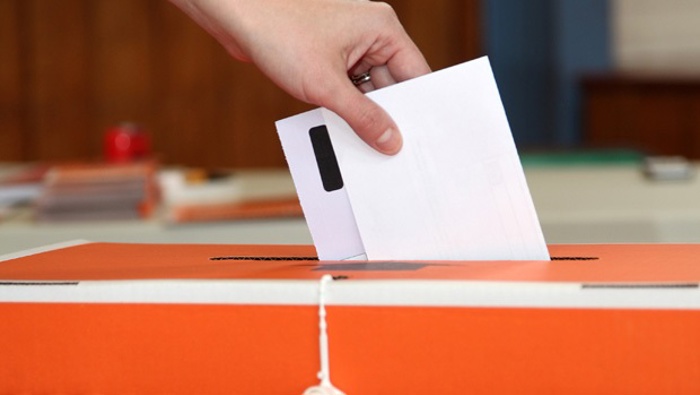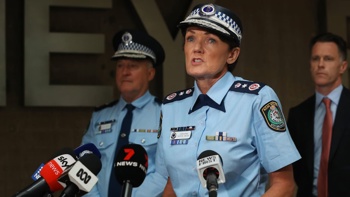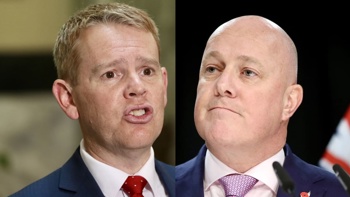This morning, I spoke about Don Brash’s speech against Māori Wards at a local council level - he doesn’t believe Māori seats are good for democracy or the country
When put to a vote previously neither does the majority of New Zealanders.
Councils sadly are increasingly ignoring the people who put them in work by, one, voting for Māori seats, and two, and then voting again to not have a referendum on that decision.
Under current law, if five percent local electors get together in petition form, they can force another vote, and it’s when those votes are held that the council decision is invariably overturned.
Enjoy that privilege while it lasts, because the government is going to change the law so you can’t do it any more
So in other words, if a council votes for a Māori ward or seat, that’s that.
And the interesting thing about the government’s move is, I agree with it.
Why? Because that’s the only thing a council does you can vote on.
We don’t get to vote on rate rises, or rubbish cut backs, or water shortages, or any other council business. We get to make a submission but that’s that.
Māori wards or seats are the only thing we get to challenge through a vote, so in that sense it’s an outlier. It’s an anachronism, and as such, you really can’t blame the government for wanting to get rid of it.
The democratic process is simple, which ironically is why we don’t want or need Māori seats. You stand – anyone can. You have a platform – anyone can. A series of ideas or polices - anyone can.
If they attract enough votes, you get elected.
Making it more complex of course is the fact the majority of us don’t vote, meaning essentially the big winner is complacency.
And as such, councils do what they want knowing they won’t get punished because no one cares.
But that’s on the voter, not the council.
In theory, what should happen is if a council makes a major decision or decisions that don’t reflect the view and will of the community, every three years is the chance to make them accountable and pay.
Make no mistake, the government is scrapping the Māori seat law because it suits their agenda, no one’s being fooled by this, but dove tailing in with that is the simple truth that it actually makes sense given its actually been unfair.
Take your Radio, Podcasts and Music with you










